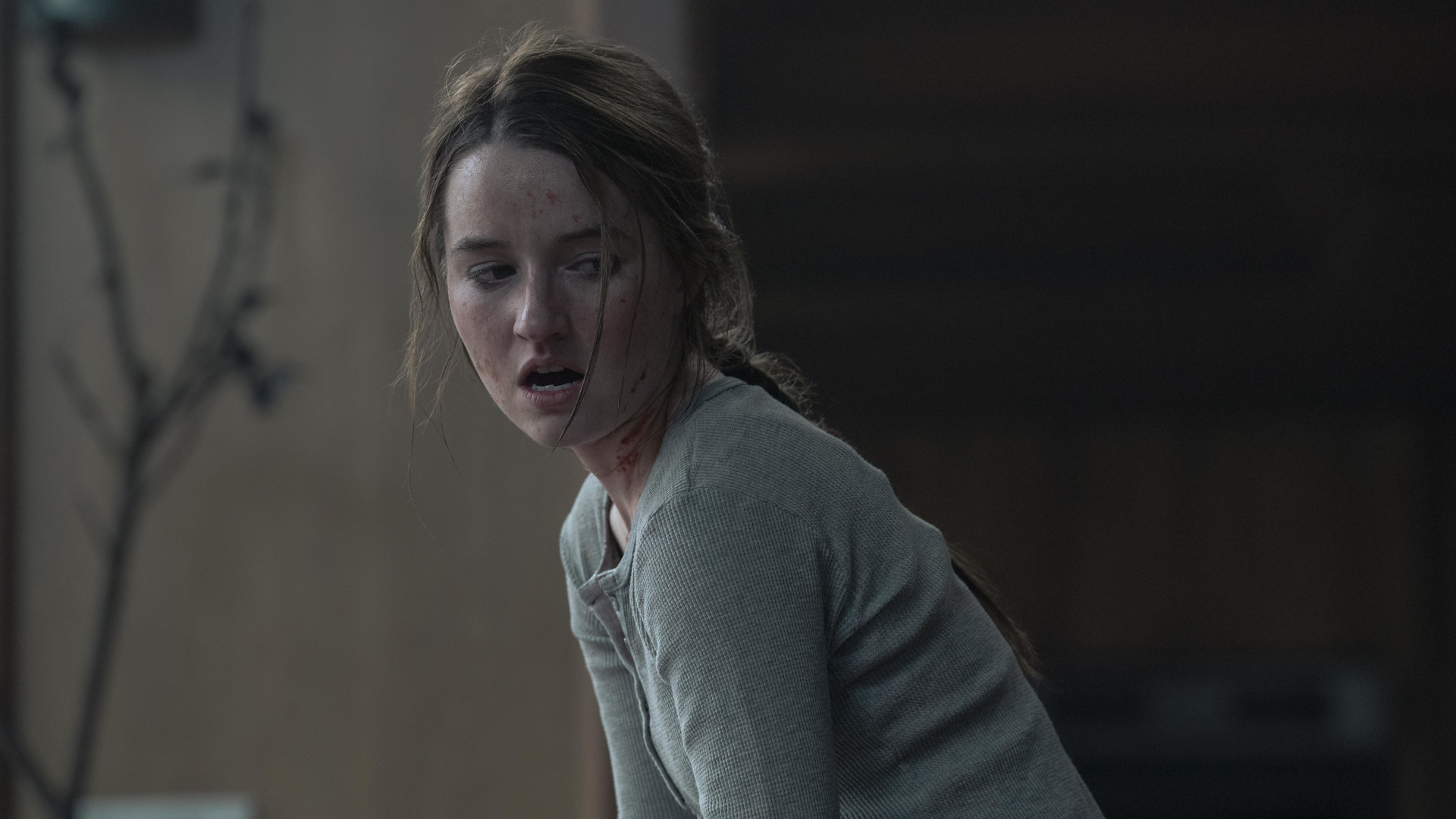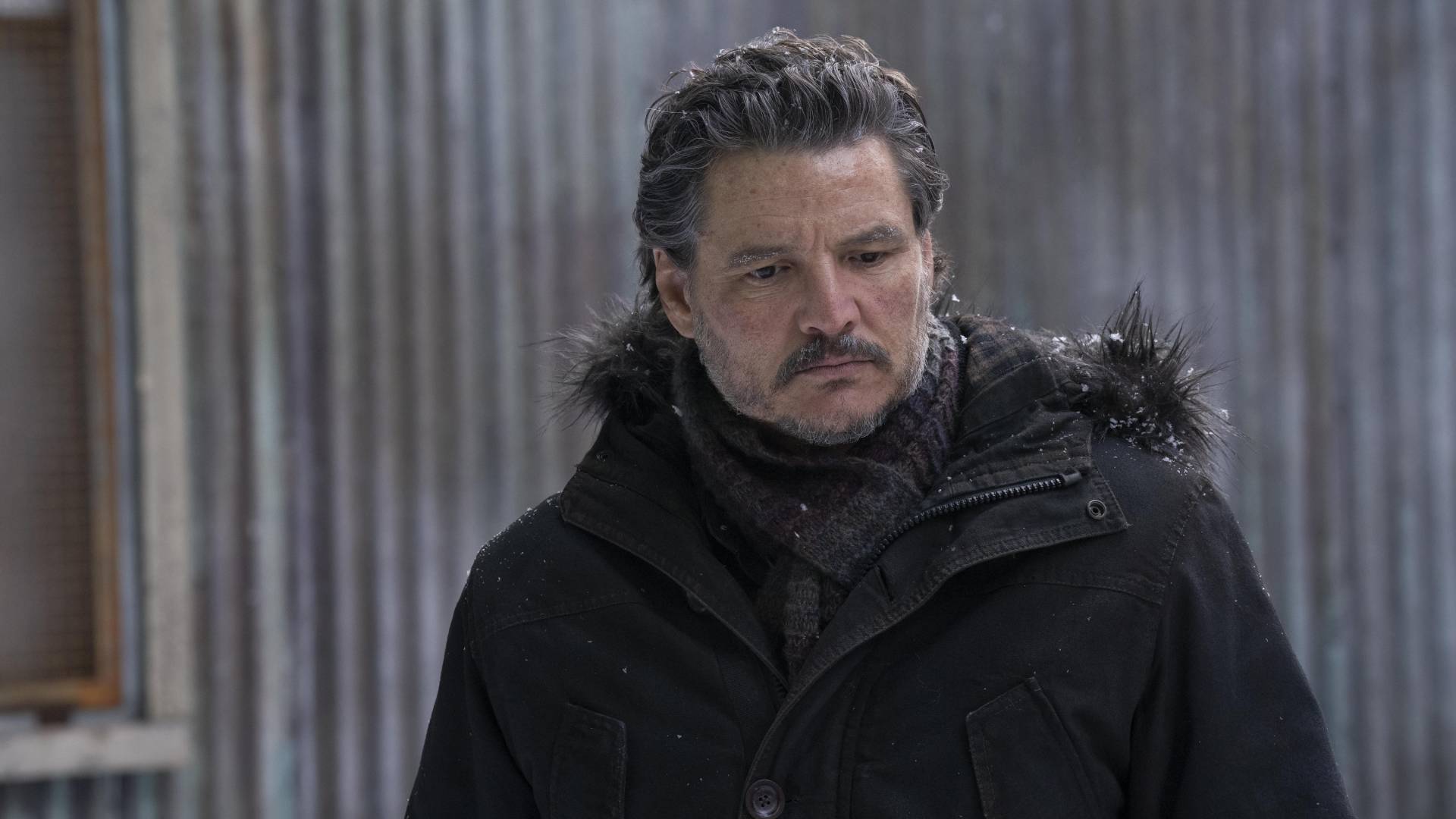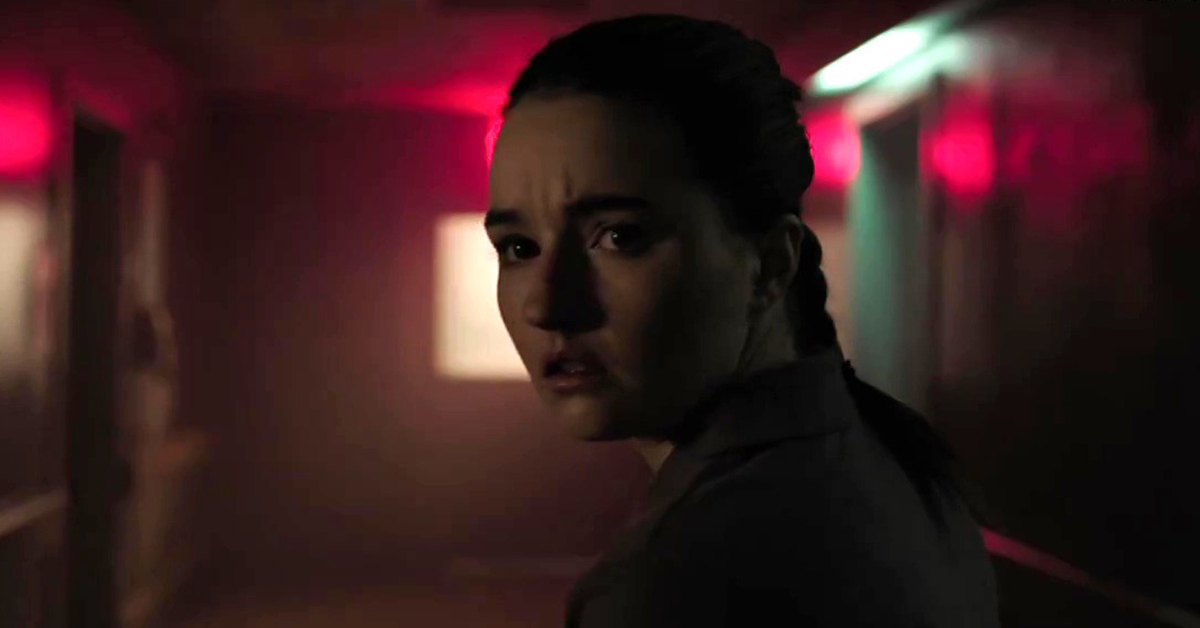
As The Last Of Us season 2 comes to a close, this chapter of the dystopian drama will be marked by one decisive moment at the end of episode 2. Just as it was in the original game, the brutal murder of Joel (Pedro Pascal) at the hands of the vengeful Abby (Kaitlyn Dever) was a shocking turning point, even for those who knew what was coming. It was speculated that the show may suffer a ratings decline following the loss of its most beloved characters, with one historical precedent looming in the memories of many.
In 2016, The Walking Dead season seven opened with the episode The Day Will Come When You Won't Be, which featured the villain Negan (Jeffrey Dean Morgan) violently bludgeoning show favourites Glenn (Stephen Yeun) and Abraham (Michael Cudlitz) to death. The graphic and senseless nature of the killings saw millions tune out over the coming seasons. While it’s too early to gauge the long-term impact, ratings for The Last Of Us have remained fairly solid, up five million across all platforms according to Variety, though the season finale saw a steep decline. So, how did HBO’s hit avoid the same fate as its fellow zombie drama?
One of the answers is offering perspective, however painful that may be to fans grieving Joel’s demise. Much of the second season deals with the fallout from the first season’s finale bloodbath, where Joel kills an entire hospital full of Fireflies who intended to perform an operation on Ellie (Bella Ramsey) that would create a cure for the zombie outbreak, but kill her. At the end of season one, the only viewpoint we had was Joel’s, who did what he had to do to save his “Babygirl”. However, after a brief reminder of his lie to Ellie, season 2 opens with the victims of his actions.
“None of this is fucking fair” exclaims Abby, standing at the grave of her father, one of many killed by Joel. The remaining Fireflies stand by, asking why he would do such a thing, but Abby is twisted by anger, grief, and survivor’s guilt. From another perspective, she may have been the hero of this story, instead of the shocking executioner she becomes at the end of episode 2. Enraged by Joel’s demand to “get this over with”, she growls: “You stupid old man, you don’t get to rush this.”
Abby Road

It doesn’t make what happens next any easier, particularly as we’ve spent 11 episodes growing attached to Joel and Ellie’s father-daughter bond. It does, however, provide some justification. We aren’t metaphorically standing at Joel’s grave asking why, and Abby isn’t the swaggering torturer that Negan was. There is a struggle in her revenge, offering some sympathy from the beginning of episode 2, in a dream sequence where she tells herself not to walk through a door that will reveal her father’s corpse. Negan didn’t get anything close to a sympathetic portrayal until season 9 of The Walking Dead when many had given up on the show.
The impact of what Joel did echoes across Ellie’s subsequent quest for revenge. In episode 5, cornered and facing infection, Abby’s accomplice Nora reads off Joel’s charges: “Don’t you know what he did?” she asks, “he killed everyone in that hospital, including the only fucking person alive that could make a cure from you. That was Abby’s father. And Joel shot him in the head. That’s what he did.” It’s a grim assessment, underlining how he is seen by those who survived the massacre.

The Last of Us season 2 cliffhanger explained: Where is Abby?
So, is this series aiming for longevity by flipping the roles, turning loveable Pedro Pascal into the villain of the piece? Not really, as while Abby’s justification for killing him is aired, so too is his reasoning for saving Ellie. Her calm response of “I know” to Nora’s claims, followed by Ellie meeting out the same kind of brutality as Abby, shows a kind of messy morality where “good” depends on your point of view.
This is underlined by Joel’s justification when confessing what he did for Ellie in a flashback. Accepting that he’ll “pay the price” but that he’d do it all over again “because I love you, in a way you can’t understand. Maybe you never will. But if that day should come, if you should have one of your own, well then, I hope you do a little better than me.” As Ellie looks to become a parent with Dina (Isabela Merced), she could understand his perspective sooner than she expected.
Season 2 ends from Abby’s point of view, something we will be seeing a lot of in season 3 if the next season sticks to the structure of the game. She may always be a villain to those who loved Joel, but the senselessness of his exit is taken away by telling a story where there are no heroes or villains, just people fighting for what they love. With that in mind, it will be easier to follow Abby into future episodes, instead of abandoning her in the way many did with Negan.
Check out our The Last of Us season 2 review for even more on the show. You can also. keep up to date with our everything we know about The Last of Us season 3.







